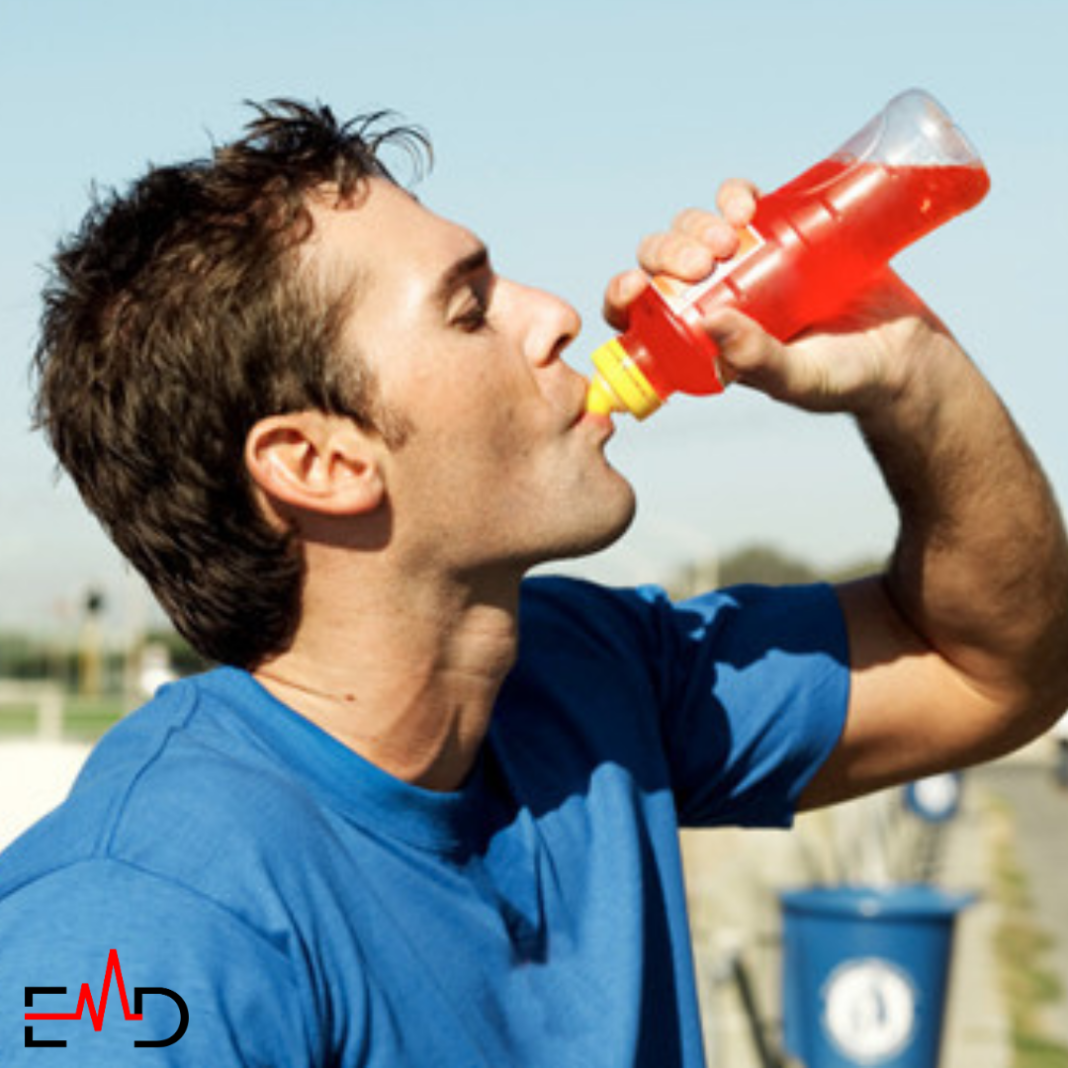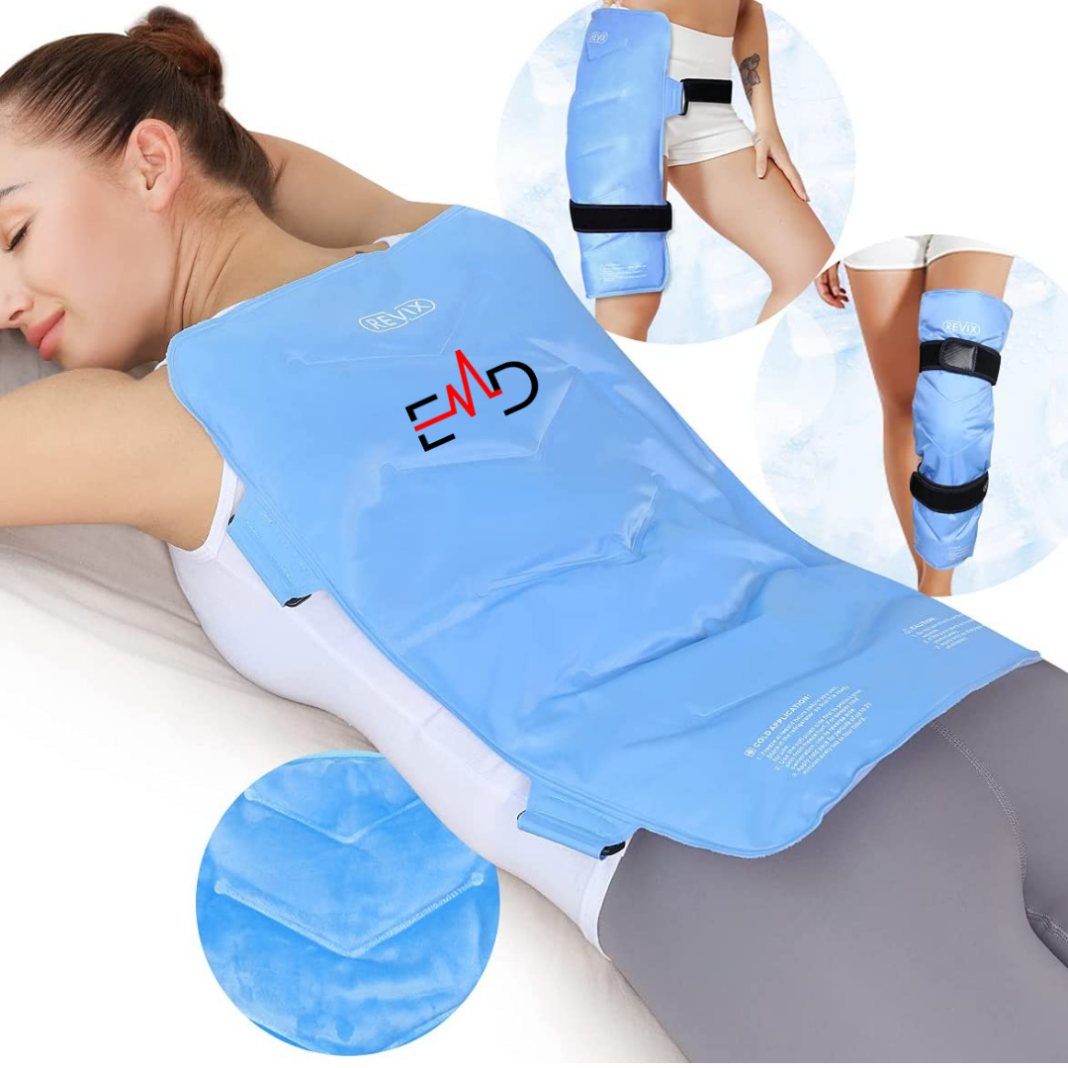Exercise Daily – As athletes and fitness enthusiasts, it’s essential to fuel your body for optimal performance. One key component of this is proper hydration, especially during intense workouts or competitions. Sports drinks can help provide the necessary hydration and nutrients but with so many options available. It’s crucial to understand which ones are the healthiest and most effective. In this article, we will explore the world of sports drinks, their benefits, key ingredients to look for, and how to maximize your performance.
What are the healthiest Sports Drinks?
The healthiest sports drinks are those that provide the necessary hydration, electrolytes, and nutrients without excess sugar, artificial additives, or harmful ingredients. Some of the healthiest sports drinks include:
Coconut water
Naturally rich in electrolytes, particularly potassium, coconut water is a great natural sports drink. It’s low in calories and sugar, and free from artificial additives. Coconut water has become increasingly popular as a sports drink due to its numerous health benefits. It is a clear, natural liquid found inside young, green coconuts, and has been shown to be a rich source of nutrients such as potassium, calcium, and magnesium. Additionally, it contains electrolytes, which are vital for rehydration during and after physical activity.
Compared to other traditional sports drinks on the market. Coconut water is lower in sugar and calories, making it a healthier option. Many commercial sports drinks contain high levels of added sugars. Which can lead to weight gain and other health issues such as tooth decay and diabetes. Coconut water, on the other hand, has a natural sweetness that comes from the fruit itself and does not require any added sugars.
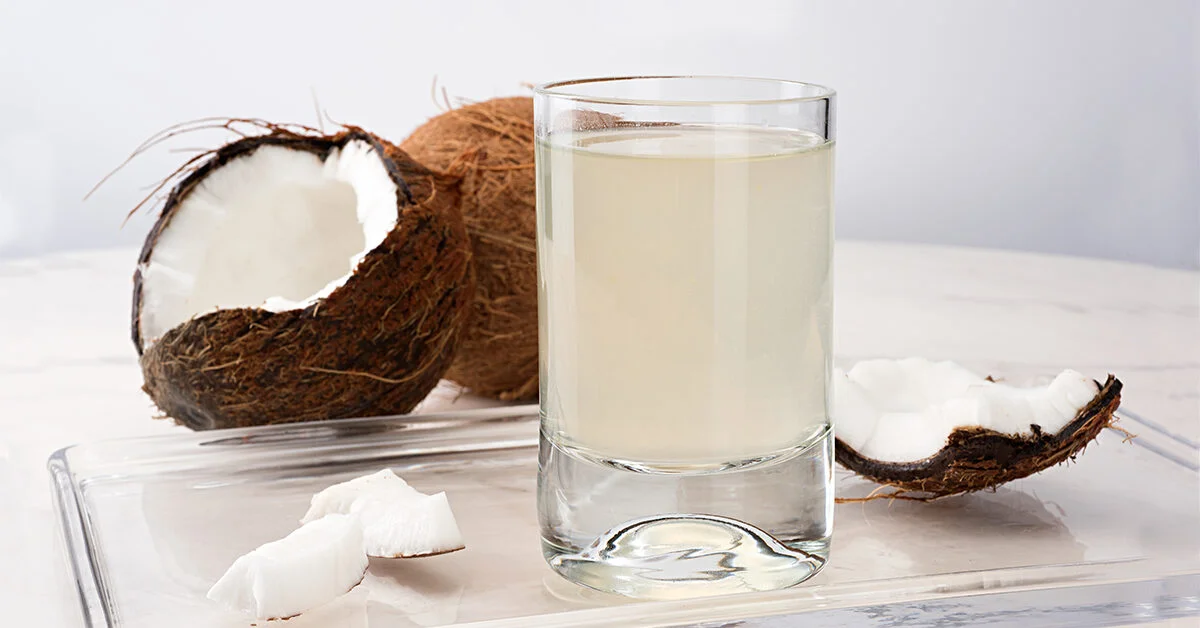
Watermelon water
Packed with natural electrolytes, watermelon water also contains l-citrulline, an amino acid that may help reduce muscle soreness. Watermelon water is a relatively new player in the sports drink market. But it has quickly gained popularity due to its health and performance benefits alone. Watermelon water is made by pressing or blending watermelon, and it is a rich source of hydration, electrolytes, and nutrients such as vitamins A, C, and B6. It is also low in calories and contains natural sugars that provide a quick source of energy for athletes.
One of the key benefits of watermelon water as a sports drink is its high content of the amino acid citrulline. Citrulline has been shown to improve athletic and endurance performance, by increasing blood flow and reducing muscle soreness. This makes watermelon water an ideal choice for athletes looking to improve their endurance and reduce recovery time after workouts.
In addition to citrulline, watermelon water also contains lycopene, an antioxidant that has been linked to a lower risk of heart disease and some types of cancer. Lycopene has also been found to have anti-inflammatory properties, which can help reduce muscle soreness and promote faster recovery after exercise.
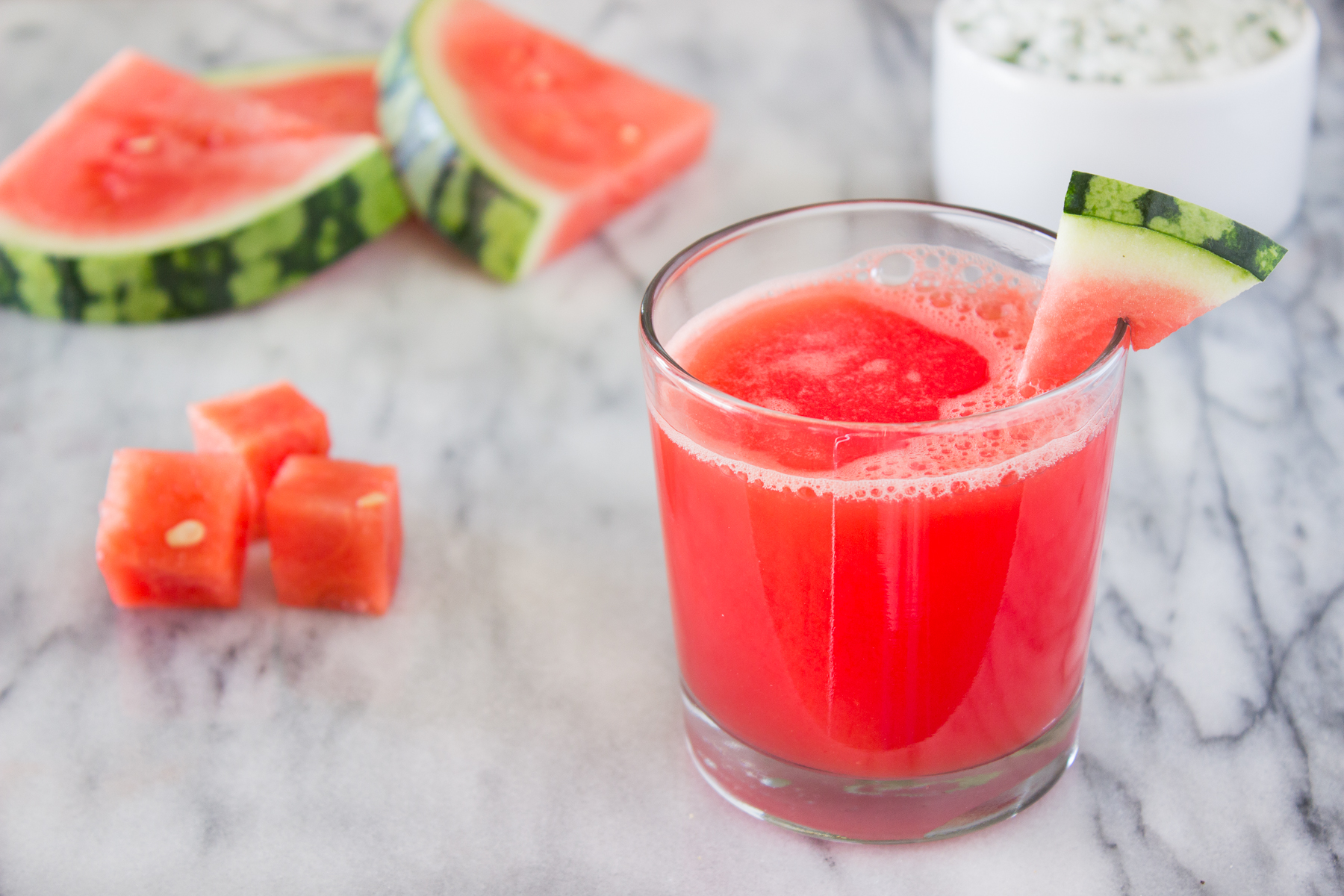
Tart cherry juice
Tart cherry juice has been found to help with muscle recovery and inflammation, making it a good post-workout drink. Dilute it with water or mix with a source of electrolytes to make it even more beneficial. Tart cherry juice has gained popularity in recent years as a natural sports drink that offers numerous health benefits. Tart cherries are rich in antioxidants, specifically anthocyanins, which have been shown to have anti-inflammatory properties that can help reduce muscle soreness and improve recovery time after exercise.
Research has also suggested that drinking tart cherry juice before and after exercise can improve athletic performance and decrease muscle damage. Tart cherry juice is a good source of natural sugars, which provide a quick source of energy for athletes. It is also high in potassium, which is important for maintaining proper fluid balance in the body and preventing muscle cramps.
Compared to many commercial sports drinks, tart cherry juice is also low in calories and does not contain added sugars or artificial colors or flavors. This makes it a healthier option for athletes looking to avoid these additives and maintain a more natural diet.
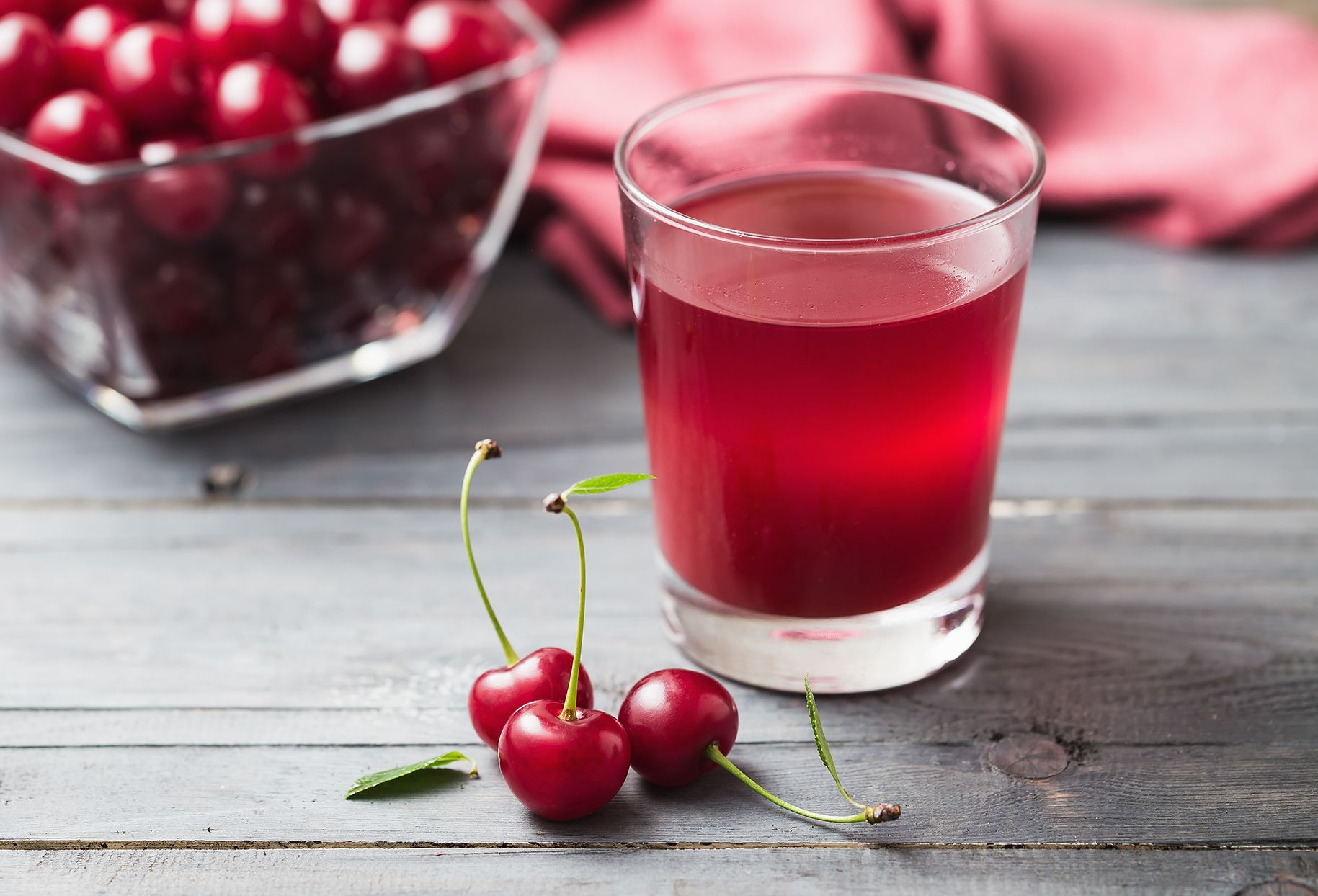
DIY sports drinks
Making your own sports drink allows you to control the ingredients and the sugar content. Mix water with freshly squeezed citrus juice (like lemon, lime, or orange), a pinch of salt for electrolytes, and a small amount of natural sweetener (like honey or maple syrup) if desired.
DIY sports drinks have become a popular alternative to commercial sports drinks, as they can be tailored to an individual’s specific needs and preferences. Making your own sports drink allows you to control the ingredients, ensuring that you are consuming a healthy and natural beverage.
One simple recipe for a DIY sports drink is to mix water with a pinch of salt and a squeeze of fresh lemon or lime juice. This mixture provides a source of hydration, electrolytes, and a quick source of energy from the natural sugars in the lemon or lime juice. Another option is to mix water with coconut water and a small amount of honey or maple syrup for added sweetness.
For athletes engaging in high-intensity or prolonged exercise, adding carbohydrates to the DIY sports drink may be necessary to maintain energy levels. This can be done by adding a small amount of sugar or honey to the mixture, or by using a natural sweetener such as dates or agave nectar.
One of the main advantages of DIY sports drinks is that they do not contain added sugars or artificial flavors or colors, making them a healthier option for athletes. Additionally, they can be customized to meet an individual’s specific needs and preferences, such as using different types of fruit juice or natural sweeteners.
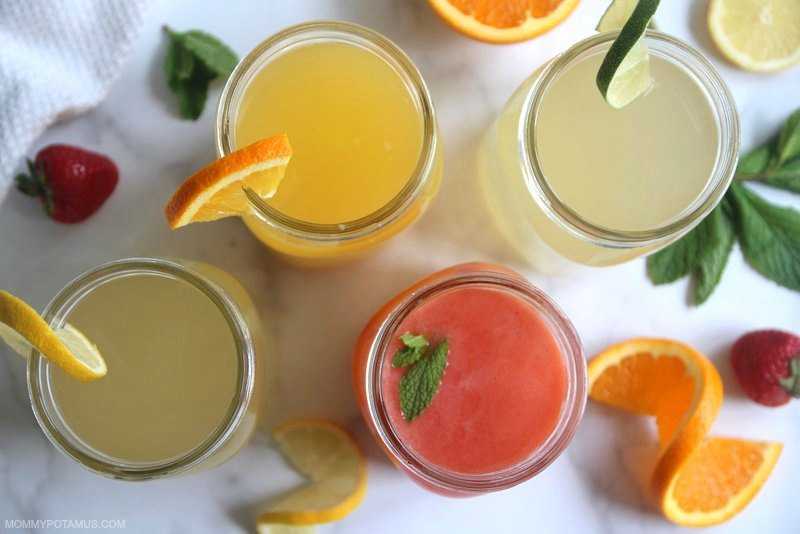
Electrolyte-infused water
Many brands offer water infused with electrolytes, such as potassium and sodium. These are typically free from added sugars and artificial additives. Electrolyte-infused water is a popular sports drink option that provides hydration and essential minerals such as sodium, potassium, and magnesium. These electrolytes are important for maintaining proper fluid balance in the body and preventing muscle cramps during and after exercise.
Compared to many commercial sports drinks, electrolyte-infused water is lower in calories and does not contain added sugars or artificial colors or flavors. This makes it a healthier option for athletes looking to avoid these additives and maintain a more natural diet.
One potential downside of electrolyte-infused water is that it may not provide enough carbohydrates for athletes engaging in high-intensity or prolonged exercise. In these cases, supplementing plain water with a carbohydrate source may be necessary to maintain energy levels.
Another advantage of electrolyte-infused water is its versatility. Many brands offer a variety of flavors, as well as options with added vitamins and minerals such as calcium and vitamin D.
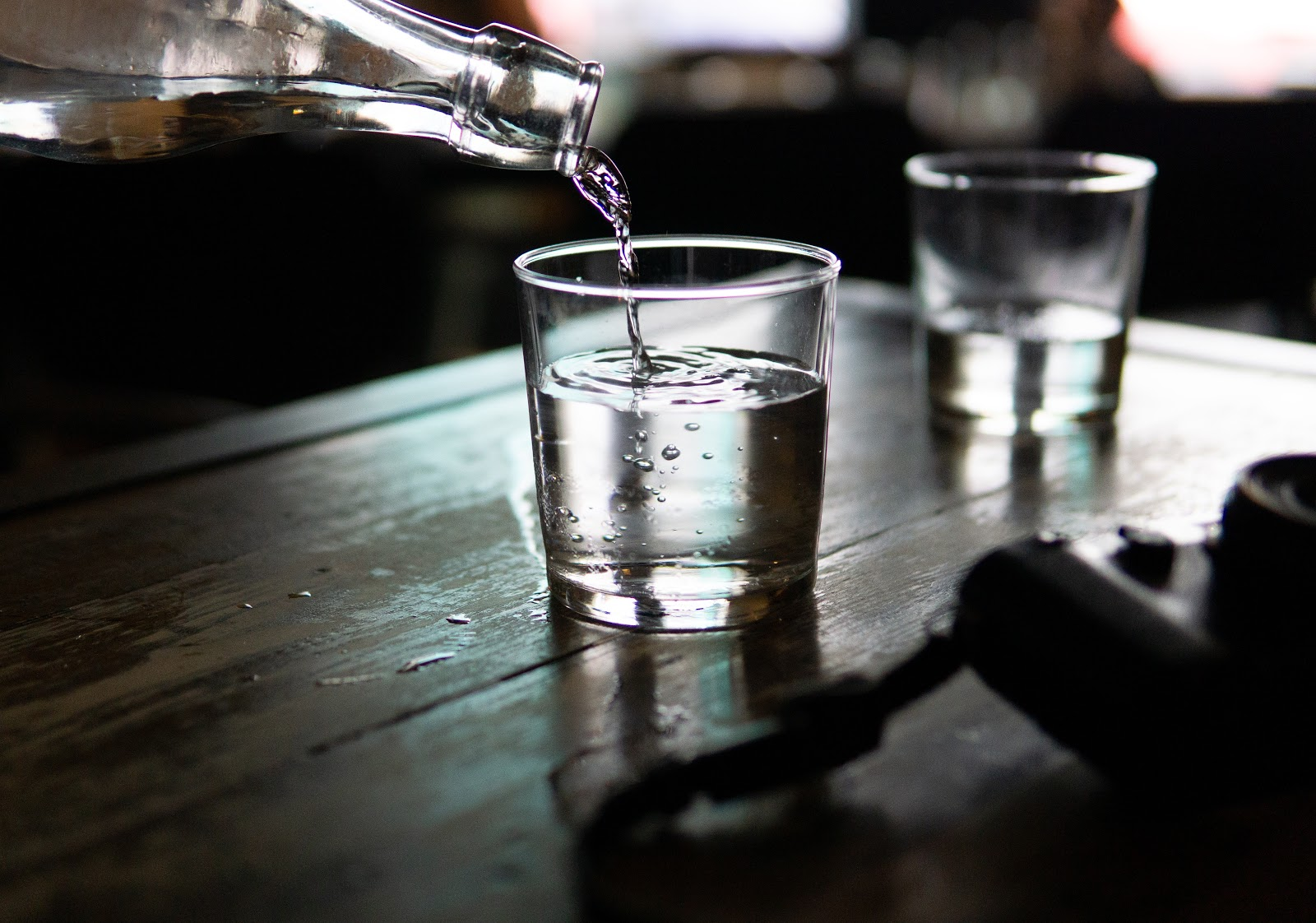
Unsweetened herbal or green tea
Tea provides antioxidants and natural hydration. You can add a pinch of salt for electrolytes and a small amount of natural sweetener if desired. Unsweetened herbal or green tea is a healthy and natural sports drink option that provides hydration and numerous health benefits. Both herbal and green teas are rich in antioxidants, which can help protect the body against free radicals that can cause cellular damage and contribute to the development of chronic diseases.
Green tea also contains caffeine, which can provide a natural boost of energy and improve athletic performance. Additionally, green tea has been found to have anti-inflammatory properties that can help reduce muscle soreness and aid in post-workout recovery.
Herbal teas such as chamomile, ginger, or peppermint can also provide numerous health benefits. Chamomile tea has been found to have anti-inflammatory and antioxidant properties, while ginger tea can help reduce muscle pain and improve digestion. Peppermint tea can help soothe stomach discomfort and improve mental clarity.
Compared to many commercial sports drinks, unsweetened herbal or green tea is also low in calories and does not contain added sugars or artificial colors or flavors. This makes it a healthier option for athletes looking to avoid these additives and maintain a more natural diet.
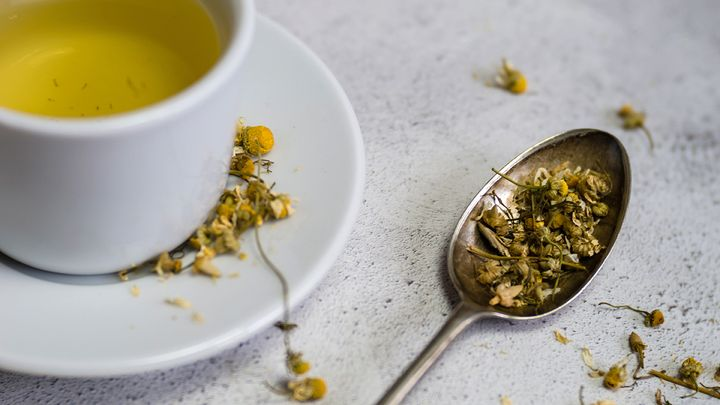
Types of Sports Drinks
Isotonic
Isotonic sports drinks are designed to closely match the concentration of salts and sugars found in human blood. This balance allows for quick fluid absorption throughout, making isotonic drinks ideal for maintaining hydration during strenuous exercise throughout.
Hypotonic
Hypotonic sports drinks have a lower concentration of salts and sugars than human blood. They are absorbed faster than isotonic drinks and are best suited for athletes. Who require rapid hydration without the extra calories.
Hypertonic
Hypertonic sports drinks have a higher concentration of salts and sugars than human blood. These hypertonic drinks are intended for post-exercise recovery as they help replenish glycogen stores and electrolytes lost during exercise.
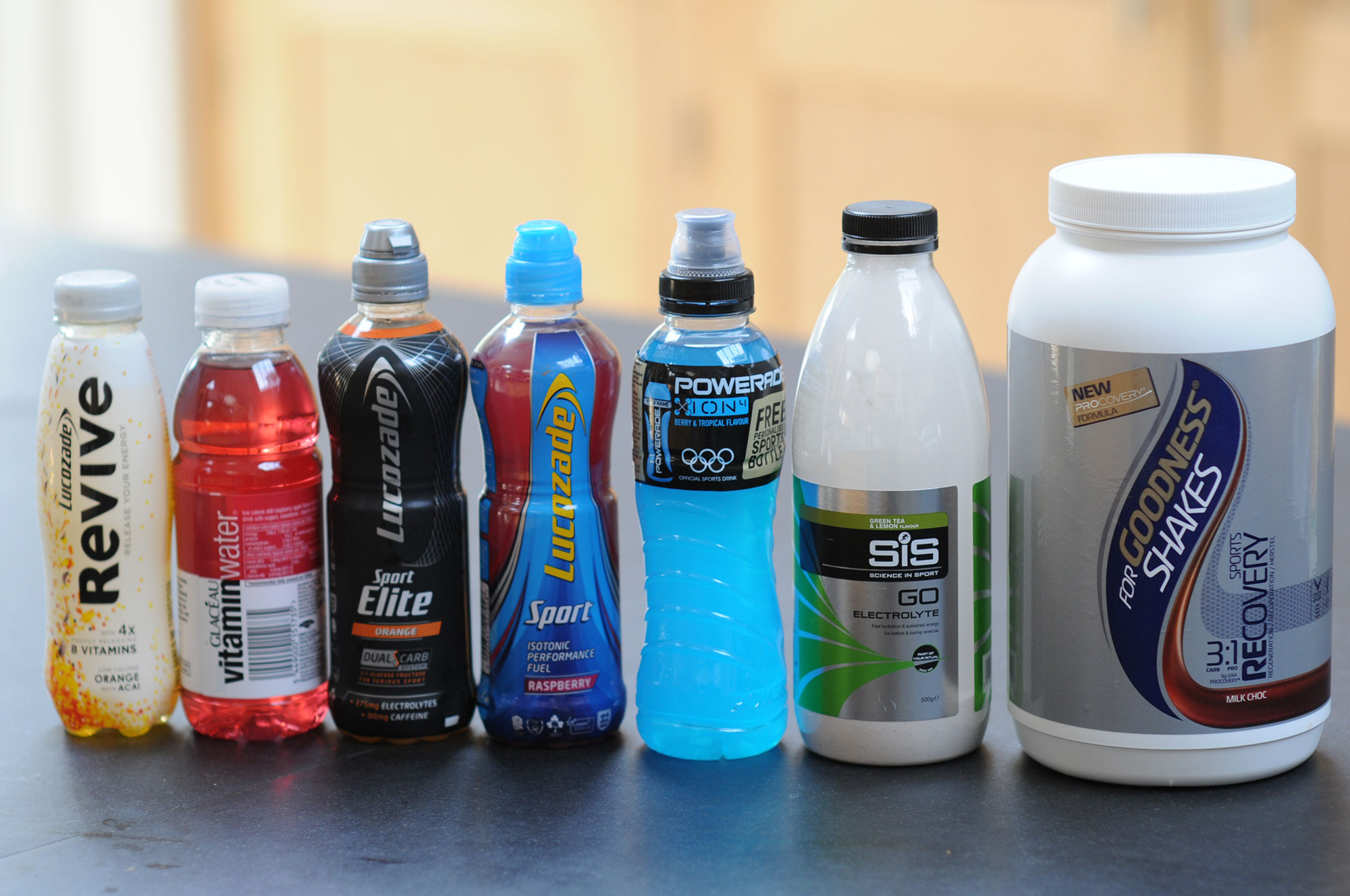
Why Do Athletes Need Sports Drinks?
Rehydration
Staying hydrated is vital for athletes as it helps maintain body temperature, keep energy intake keep muscle tissue lubricate joints and transport nutrients. Sports drinks aid in rehydration by replacing the fluids lost through sweat during exercise.
Electrolyte Balance
Electrolytes, such as sodium and potassium, help regulate muscle contractions, nerve function, and fluid balance. Sports drinks replenish these essential electrolytes, preventing imbalances that could lead to cramping or decreased exercise performance.
Energy Replacement
Carbohydrates in sports drinks provide a quick source of energy, helping to maintain blood sugar levels and fuel muscles during prolonged exercise. For athletes interested in increasing lean mass or muscle protein synthesis, consumption of a high-quality protein source such as whey protein intake. You can try the Nutritious Best Shakes to Gain Weight.
Key Ingredients to Look For
Sodium
Sodium is crucial for most sports drinks and nutrition for maintaining fluid balance and preventing dehydration. Look for sports drinks with at least 100-200 mg of sodium per 8 ounces.
Potassium
Potassium works with sodium to regulate fluid balance and is essential for muscle and nerve function. Aim for sports drinks with 50-100 mg of potassium per 8 ounces.
Magnesium
Magnesium supports muscle function and energy production. Choose sports drinks and protein supplements that contain 10-20 mg of magnesium per 8 ounces.
Carbohydrates
Carbohydrates provide a readily available source of energy during exercise. Opt for sports drinks with 6-8% carbohydrates, which is the ideal concentration for efficient absorption and energy delivery.
Healthiest Sports Drinks on the Market
When choosing a sports drink, look for options with minimal artificial ingredients and added sugars. Some of the healthiest sports drinks on the market include:
- Coconut water: A natural isotonic drink, rich in potassium and electrolytes.
- Nuun Hydration: These electrolyte tablets can be added to water for a low-calorie, sugar-free hydration solution.
- Skratch Labs Sport Hydration Mix: This drink mix offers a balance of electrolytes and carbohydrates from natural sources.
How to Maximize Your Performance with Sports Drinks
Timing
Consume sports drinks before, during, and after exercise for optimal hydration and energy. Aim for 7-10 ounces every 10-20 minutes of body weight and during exercise and 16-24 ounces lost fluid after post-exercise for each pound lost through sweat.
Personalized Hydration Strategy
Individual sweat rates, fluid intake and electrolyte losses can vary. Consider working with a sports nutritionist to develop a personalized hydration optimal recovery plan based on your unique needs.
Training Adaptation
Use sports drinks strategically during a training session to adapt to various conditions, such as heat or altitude. This practice can help improve performance in challenging environments and improve physical performance. Does Alcohol Cause Joint Inflammation? Get the Answer.
Conclusion
Selecting the healthiest sports drinks and incorporating them into your training and competition routines can significantly impact your performance. By understanding the different types of sports drinks, their benefits, and key ingredients. You can make informed choices to maximize your performance, lose weight, and maintain optimal hydration.
FAQs – Understanding the Healthiest Sports Drinks and Maximizing Your Performance
Can I make my own sports drink?
Yes, homemade sports drinks can be a cost-effective and customizable alternative. Combine water, fruit juice, salt, and sugar or honey to create a simple isotonic drink.
Are sports drinks suitable for non-athletes?
For most non-athletes, water is sufficient for hydration. Sports drinks may be beneficial for hydration status those participating in prolonged or intense exercise.
How do I know if I need a sports drink during my workout?
If your workout lasts longer than 60 minutes, or if you’re exercising in hot and humid conditions, a sports drink can help maintain hydration and energy levels.
What’s the difference between sports drinks and energy drinks?
Sports drinks focus on hydration and electrolyte balance. While energy drinks primarily contain stimulants like caffeine for a temporary energy boost.
Can sports drinks cause weight gain?
Sports drinks contain calories, so excessive sports medicine consumption without adjusting your overall calorie intake could potentially lead to weight gain. Monitor your intake and adjust accordingly based on your activity level normal diet, and goals.

